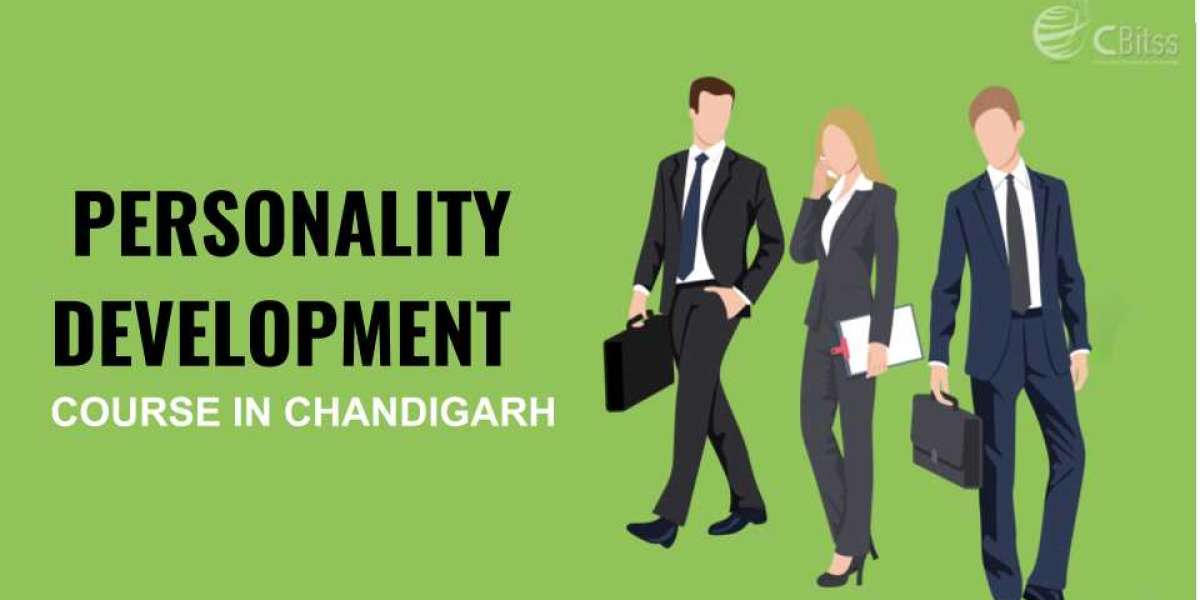How to define personality development?
Personality development refers to the process of enhancing and refining individual characteristics, traits, behaviors, attitudes, and overall qualities that contribute to a person's distinct identity. It involves personal growth and self-improvement, encompassing various aspects of an individual's psychological, emotional, social, and physical well-being. Personality development is a lifelong journey of self-discovery and continuous improvement. Here are key elements and factors involved in defining personality development:
Self-Awareness
Understanding oneself is a fundamental aspect of personality development. It involves recognizing one's strengths, weaknesses, values, beliefs, emotions, and motivations.
Self-Concept
The way individuals perceive themselves, including their self-esteem and self-image, plays a crucial role in personality development. Positive self-concept contributes to a healthy personality.
Emotional Intelligence
Developing emotional intelligence involves recognizing and managing one's own emotions and understanding and empathizing with the emotions of others. Emotional intelligence contributes to effective communication and relationship-building.
Social Skills
Personality development includes the improvement of social skills and interpersonal relationships. Effective communication, active listening, conflict resolution, and teamwork are essential components.
Adaptability
The ability to adapt to changing circumstances and environments is a key aspect of personality development. Being flexible, open-minded, and resilient contributes to personal growth.
Goal Setting and Motivation
Setting clear goals, both short-term and long-term, and staying motivated to achieve them are crucial for personality development. Goal-oriented individuals often experience a sense of purpose and fulfillment.
Continuous Learning
A commitment to lifelong learning and personal development is vital. Seeking new knowledge, acquiring new skills, and staying curious contribute to intellectual and personal growth.
Values and Ethics
Identifying and aligning with personal values and ethical principles guide decision-making and behavior. Consistency with one's values contributes to a strong and authentic personality.
Positive Thinking
Cultivating a positive mindset involves focusing on strengths, opportunities, and solutions rather than dwelling on limitations and problems. Positive thinking contributes to resilience and well-being.
Physical Well-Being
Taking care of one's physical health, including regular exercise, proper nutrition, and sufficient rest, is integral to personality development. Physical well-being influences mental and emotional states.
Cultural Awareness
Understanding and respecting diverse cultures and perspectives contribute to a well-rounded personality. Cultural awareness fosters empathy and the ability to relate to individuals from different backgrounds.
Communication Skills
Effective communication skills, including verbal and nonverbal communication, are essential for personal and professional success. Clear and assertive communication contributes to positive interactions.
Leadership Skills
Developing leadership skills involves taking initiative, inspiring others, and making responsible decisions. Leadership qualities contribute to personal empowerment and influence.
Time Management
Efficiently managing time and setting priorities contribute to productivity and accomplishment. Effective time management enhances personal effectiveness and reduces stress.
Resilience
Building resilience involves the ability to bounce back from setbacks and challenges. Resilient individuals demonstrate perseverance and adaptability in the face of adversity.
In summary, Personality development course in Chandigarh It is a holistic and multidimensional process that encompasses various psychological, emotional, social, and physical aspects. It involves self-discovery, continuous learning, and intentional efforts to enhance positive qualities, ultimately leading to a well-rounded and empowered individual.
What are the different personality types?
There are various personality typing systems and theories that attempt to categorize and describe different personality types. Here are some of the well-known personality typing frameworks:
Myers-Briggs Type Indicator (MBTI)
The MBTI classifies individuals into 16 personality types based on four dichotomies: Extraversion (E) vs. Introversion (I), Sensing (S) vs. Intuition (N), Thinking (T) vs. Feeling (F), and Judging (J) vs. Perceiving (P). For example, an INFJ is an Introverted, Intuitive, Feeling, and Judging personality type.
Big Five Personality Traits
The Big Five personality traits, also known as the Five-Factor Model, include:
Openness to Experience
Conscientiousness
Extraversion
Agreeableness
Neuroticism (Emotional Stability)
Individuals are rated on a scale for each trait, resulting in a profile that describes their personality.
DISC Personality Model
The DISC model categorizes individuals into four main personality types:
Dominance (D)
Influence (I)
Steadiness (S)
Conscientiousness (C)
It focuses on behavior and communication styles in different social situations.
Enneagram
The Enneagram is a personality system that classifies individuals into nine personality types, each associated with specific motivations and fears. The types are numbered 1 through 9, and individuals may exhibit characteristics of neighboring types in stress or growth.
16PF Questionnaire
The 16 Personality Factor Questionnaire measures 16 personality traits, including warmth, reasoning, emotional stability, dominance, liveliness, rule-consciousness, and more. It provides a detailed profile of an individual's personality.
Holland Code (RIASEC)
The Holland Code categorizes individuals into six personality types based on their vocational interests:
Realistic (R)
Investigative (I)
Artistic (A)
Social (S)
Enterprising (E)
Conventional (C)
It is often used in career counseling to match individuals with suitable professions.
Keirsey Temperament Sorter
Based on the Myers-Briggs Type Indicator, the Keirsey Temperament Sorter classifies individuals into four temperament categories:
Artisan
Guardian
Idealist
Rational
It focuses on observable behavior and core values.
Social Styles Model
The Social Styles Model categorizes individuals into four social styles based on their assertiveness and responsiveness:
Analytical
Driver
Amiable
Expressive
It helps understand communication and interaction preferences.
It's important to note that these Personality development course in Chandigarh sector 34 Its typing systems are theoretical frameworks and are not universally accepted or applicable to every individual. Additionally, personality is dynamic and can be influenced by various factors such as context, experiences, and personal growth. Many people find these models useful for self-awareness, understanding others, and personal development.







